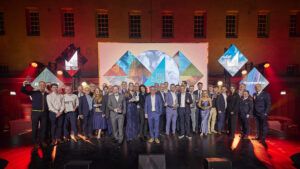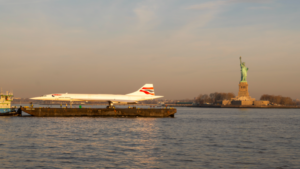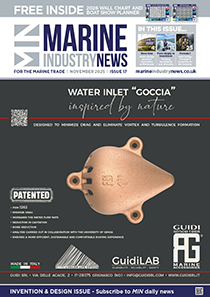Sustainable fuel only at powerboat event
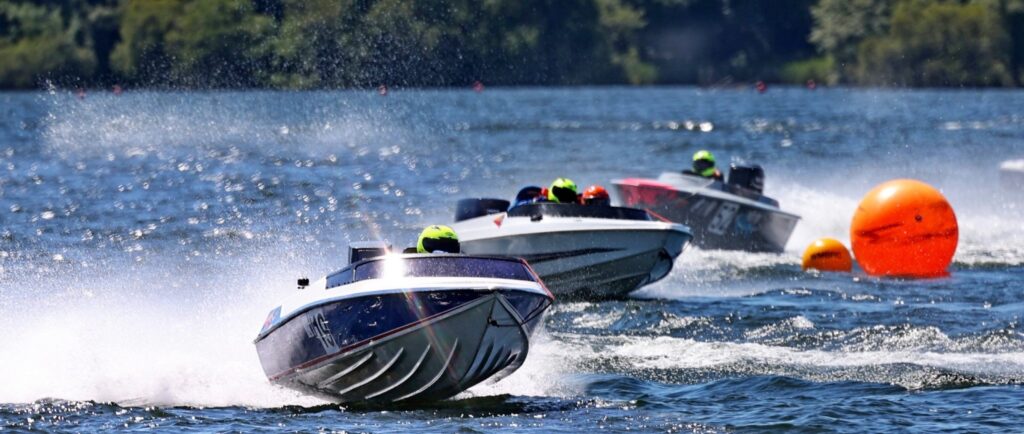
Billed as the first ever sustainable handicap powerboat racing event in the UK, Windermere Motor Boat Racing Club (WMBRC) is looking for entrants.
The club’s seeking up to 20 boats to take part in five races, but . . . each of the all petrol-engine boats will be required to run on Sustain Super 80, a racing fuel made be Coryton. That seemingly uses carbon recycled from the atmosphere via plants, rather than releasing new carbon that’s currently locked in the ground, delivering at least a 65 per cent reduction in greenhouse gases compared to fossil fuel.
“While we are mindful of the cumulative impact of several race events in the same year, we think this sustainable race event will be a key step in tackling the barriers to adopting low carbon technology in motor boat racing,” says Marian Jones, area ranger at the Lake District National Park. “The club has a strong track record of managing successful race events on Windermere, and this new event will be a great opportunity for showcasing the technology to club members and its wider audience to drive the transfer to low carbon technology.”
According to Coryton, its sustainable fuel (fully miscible with fossil fuels) can be used in the boats without any modifications necessary. While it is chemically identical to fossil, it is instead made from agricultural and forestry waste which would otherwise end up in landfill or be left to rot, producing the greenhouse gas methane.
“The marine industry is currently behind land transportation in its development and adoption of sustainable technologies.”
Adam Brown
“By creating a sustainable race event on Lake Windermere, we hope to further the development of sustainable technologies that can subsequently be adopted – initially within the sport of powerboat racing but also more broadly,” continues Brown, chair of racing at WMBRC. “We intend to play a leading role in accelerating this transition. Therefore, it’s crucial that we’re able to do this within the National Park and World Heritage Site as this adds the weight of history as well as international significance to the journey to net zero that we’re delivering.”
David Richardson, director at Coryton, says events like these provide a fantastic opportunity to really showcase what sustainable fuels can do. “These biofuels can be used in exactly the same way as traditional petrol and diesels whilst maintaining, or even exceeding, the performance participants may currently experience. We recently worked with Cox Powertrain to set the world water speed record for a diesel outboard on Coniston Water, using the same sustainable diesel. This event provides a real opportunity for the Lake District National Park to lead the way in sustainable marine technologies, and we’re excited to be a part of that journey.”
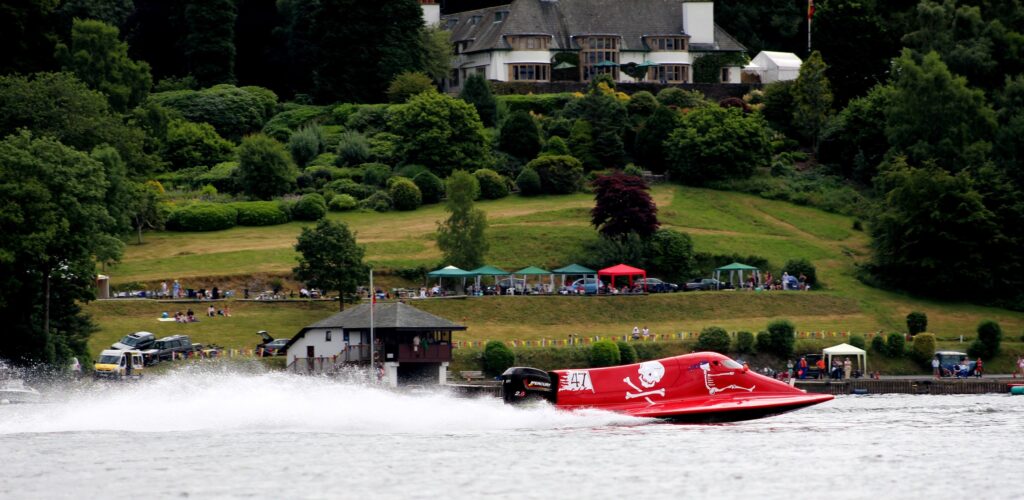
Recent findings outlined a portfolio of propulsion technologies best positioned to drive decarbonisation, with sustainable liquid marine fuels emerging as the most suitable source of energy to decarbonise recreational boats by 2035. With approximately 30 million recreational boats navigating global waters, the drive to encourage the use of sustainable fuels has never been more pressing.
Coryton says it sees great potential in the marine sector, but until now its role has purely been to offer expertise and products to key events wanting to reduce their impact on the environment. Thus, it’s showcasing the power of sustainable technology.


